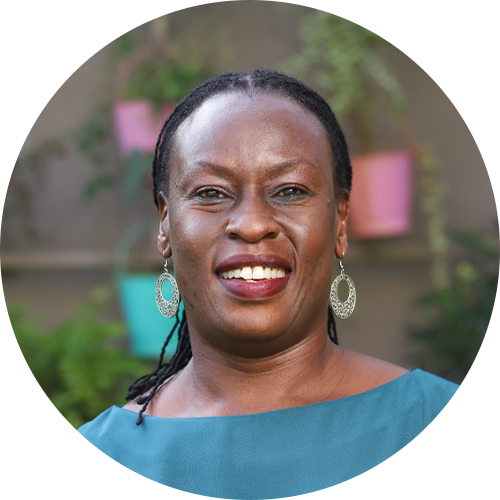Twenty years ago, in 2003, the Protocol to the African Charter on Human and Peoples’ Rights on the Rights of Women in Africa was adopted by heads of state in Maputo, Mozambique. The Maputo Protocol is meant to protect, promote, and fulfill women’s rights on the African continent—contributing to women’s economic and political empowerment, health and well-being.
“The Maputo Protocol is a beacon, guiding our way toward the realization of every African woman’s human rights,” says Dr. Angela Akol, director of the Ipas Africa Alliance. “Women are essential to the well-being of their families and communities.”
Among broad protections, the Maputo Protocol specifically recognizes a discrete right to abortion, under Article 14, which dictates that governments have a legal obligation to “protect the reproductive rights of women by authorizing medical abortion in cases of rape, incest, and where the continued pregnancy endangers the mental and physical health of the mother.”
Further, in General Comment 2, it states that “women must not be subjected to criminal proceedings and should not incur any legal sanctions for having benefited from health services reserved to them, such as abortion and post-abortion care.” This, says Akol, is “robust language to advocate for the full decriminalization of abortion.”
Roughly 80 percent—44 out of 55—African countries have ratified the treaty, “symbolizing the willingness of African leaders to protect, promote and fulfill women’s rights on the continent,” said the Hon. Aisha Jumwa Katana, Cabinet Secretary in the Kenyan Ministry of Public Service, Gender, and Affirmative Action during an anniversary event in Nairobi on July 10th. But, she noted, at the current rate of progress, it will take “131 years to achieve full gender parity.”
In the Democratic Republic of Congo, like in other African nations, there are still challenges, particularly in overcoming barriers to abortion access. In 2018, the protocol became the law of the land when it was published in the country’s legal gazette. “For the past five years, Ipas has focused its work in the DRC on domesticating this regional treaty, laying the groundwork for women and girls to access legal and safe abortion care. Although socio-political, economic, and security contexts remain volatile, and there is a rise of opposition in the region, there is much to celebrate, given DRC’s progress,” says Dr. Jean-Claude Mulunda, director of Ipas DRC. For women in DRC, full implementation of the Maputo Protocol would mean “broken silence and shifting social norms around abortion, access to accurate sexual and reproductive health information and services, including for self-managed abortion,” he says.
“On this 20th anniversary of the Maputo Protocol—and Ipas’s 50th anniversary—we can reflect on progress made, and look toward the future. In Africa, and around the world, we know that when abortion is legal, safe, accessible and affordable, people can live healthier lives, and their families and communities benefit.”
Angela Akol, Director of Ipas Africa Alliance


